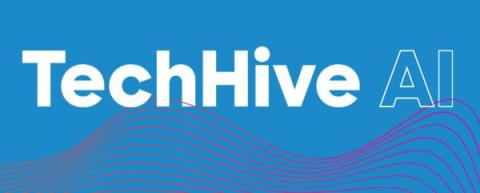Body
Image

Integrating AI Technical Learning with Ethics in an Online Collaborative Learning Environment
As AI becomes increasingly integral to a broad range of industries, it is critical that the field develops equitable and justice-oriented instructional models that can support youth to integrate technical knowledge about AI with ethical principles for AI development and deployment. This project will design and study an online course for high school aged youth that is a collaborative learning experience for building workforce skills. The project will strengthen and broaden youth capacity for, and disposition toward, artificial intelligence (AI) domains and careers. Learning activities will provide youth with opportunities to develop AI systems grounded in real-world contexts that are relevant to this age group including college applications, health care, and social media, enabling them to draw on their own personal and cultural knowledge. Through its implementation, the project will address three important national needs: (1) increasing and expanding AI workforce capacity; (2) attending to the social and ethical concerns associated with AI; and (3) broadening participation in AI understanding to bring a greater diversity of lived experiences to the AI workforce and greater STEM field.
Pillar 1: Innovative Use of Technologies in Learning and Teaching
This project will advance knowledge toward building a more inclusive approach to integrating ethical principles within technical training. This will increase the likelihood that the future workforce will be attentive to ethical concerns and better reflect the views and backgrounds of the populations that the technology is supposed to serve. Through the intentional design for productive online collaboration, the project will contribute to improved learning outcomes in online spaces.
Pillar 2: Partnerships for Career and Workforce Preparation.
Through its implementation, the project will address three important national needs: (1) increasing and expanding AI workforce capacity; (2) attending to the social and ethical concerns associated with AI; and (3) broadening participation in AI understanding to bring a greater diversity of lived experiences to the AI workforce and greater STEM field.
Pillar 3: Strategies for Equity in STEM Education
The project is engaging a youth advisory board and drawing on principles from Culturally Responsive Computing (Scott, Sheridan, and Clark, 2015) to ensure that learning activities are grounded in real-world contexts that are relevant to high school aged-youth and enables them to draw on their own personal and cultural knowledge.

Discipline(s)
Emerging Tech (Artificial Intelligence, Quantum Computing, and Blockchain)
Target Gradespan(s)
High school (9-12)
Target Participant(s)
Youth / students
Project Setting(s)
Informal Education
Category
Developing and Testing Innovations (DTI)